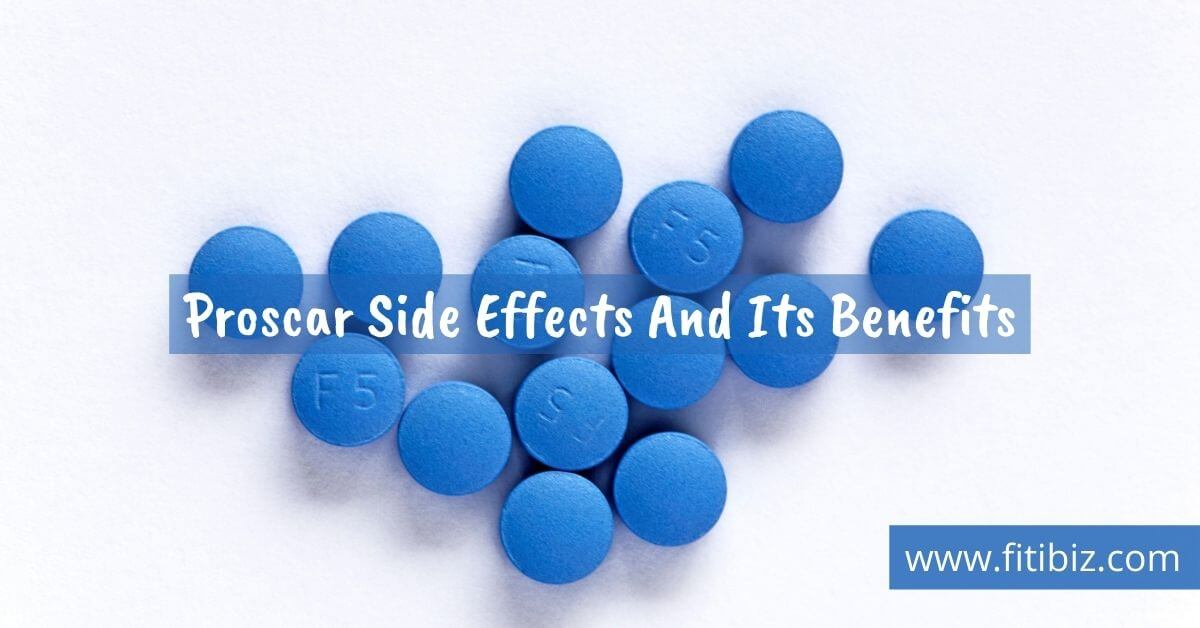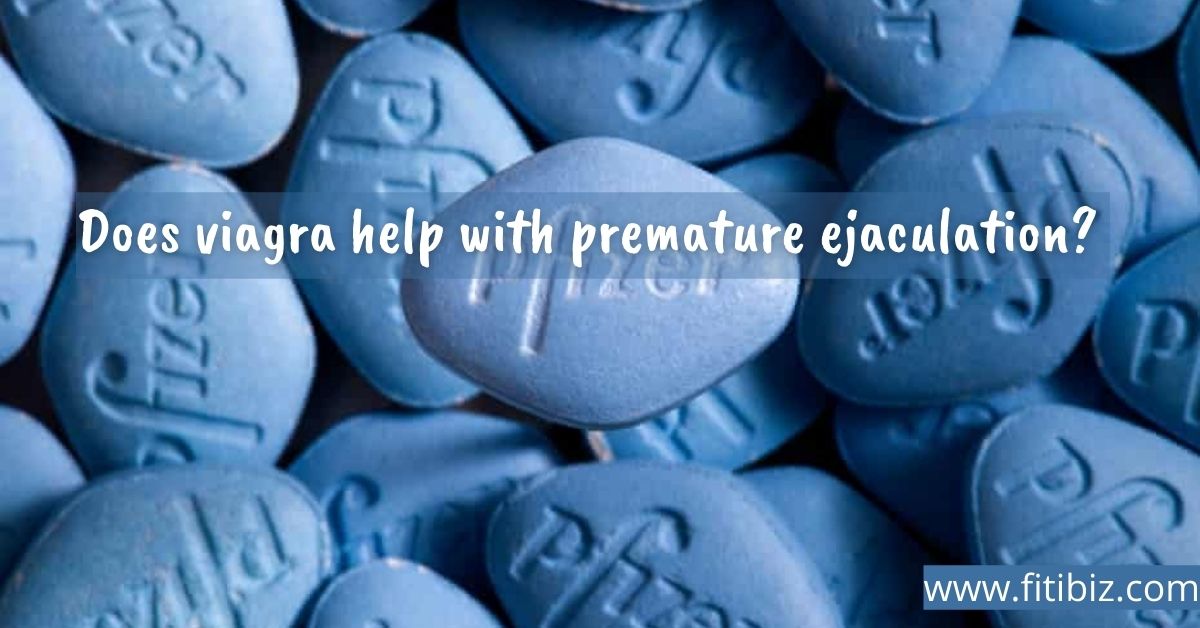Depression: Symptoms, Causes, Treatment & More
Depression is known as a mental disorder. Having a loss of interest, sadness, feeling down in daily activities are familiar feelings for all of us. But if they break away and affect our lives substantially, the issue may be depression. It can affect adults, children, and adolescents. women are affected by depression more than men. Depression may become a serious health condition. Its worst, depression can lead to suicide. Every year 800,000 people die due to ti suicide. It is the second cause of death in 15-29 years olds.

Major life events, such as failure or the loss of a job, can lead to depression. However, doctors only consider feelings of sorrow to be part of depression if they persist. According to the World Health Organization(WHO), Depression is the main cause of disability. Globally, more than 264 million people of all ages suffering from depression.
Symptoms Of Depression
Depression is a current problem, not a passing one. It consists of episodes during which the symptoms last for a minimum of 2 weeks. It can last for several weeks, months, or years. Here the subsequent symptoms of depression can include:
- Changes in appetite
- Unintentional weight loss or gain
- Reduced interest or pleasure in activities once enjoyed
- Depressed mood
- A loss of concupiscence
- Sleeping an excessive amount of or insufficient
- Agitation, restlessness, and pacing up and down
- Slowed movement and speech
- Fatigue or loss of energy
- Feelings of worthlessness or guilt
- Difficulty thinking, concentrating or making decisions
- Recurrent thoughts of death or suicide, or an effort at suicide
Symptoms Of Depression In Females
Depression is almost twice as common among women as men, consistent with the Centers for Disease Control and Prevention (CDC). Below are some symptoms of depression that tend to seem more often in females:
- Irritability
- Anxiety
- Mood swings
- Fatigue
- Ruminating (dwelling on negative thoughts)
Also, some sorts of depression are unique to females, such as:
- Postpartum depression
- Premenstrual dysphoric disorder
Symptoms Of Depression In Males
Around 9% of men within us have feelings of depression or anxiety, consistent with the American Psychological Association. Males with depression are more likely than females to drink alcohol in excess, display anger and have interaction in risk-taking as a result of the disorder.
Other symptoms of depression in males may include:
- Avoiding families and social situations
- Working without an opportunity
- Having difficulty maintaining with work and family responsibilities
- Displaying abusive or controlling behavior in relationships
Symptoms Of Depression In College Students
Time at school can stressful, and an individual could also be handling other lifestyles, cultures, and experiences for the primary time. Some students have difficulty dealing with these changes, and that they may develop depression, anxiety, or both as a result.
Symptoms of depression in college students may include:
- Difficulty concentrating on schoolwork
- Insomnia
- Sleeping an excessive amount of
- A decrease or increase in appetite
- Avoiding social situations and activities that they wont to enjoy
Symptoms Of Depression In Teens
Physical changes, mental pressure, and other factors can contribute to depression in teenagers. they’ll experience a number of the subsequent symptoms:
- Withdrawing from friends and family
- Difficulty concentrating on schoolwork
- Feeling guilty, helpless, or worthless
- Restlessness, like an inability to take a seat still
Symptoms Of Depression In Children
The CDC estimate that, in the U.S., 3.2% of youngsters and teenagers aged 3–17 have a diagnosis of depression. Symptoms can make schoolwork and social activities challenging. They’ll experience symptoms such as:
- Crying
- Low energy
- Clinginess
- Defiant behavior
- Vocal outbursts
Younger children may have hassle expressing how they feel in words. This will make it harder for them to elucidate their feelings of sadness.
Depression Causes
There are several possible causes of depression. they will range from biological to circumstantial.
Common causes include:
- Family history- You’re at a better risk for developing depression if you’ve got a case history of depression or another mood disorder.
- Early childhood trauma- Few events affect the way your body reacts with fear and stressful situations.
- Brain structure- There’s a greater risk for depression if the lobe of your brain is a smaller amount active. However, researchers don’t know if this happens before or after the onset of depressive symptoms.
- Medical conditions- Certain conditions may put you at higher risk, like chronic illness, insomnia, chronic pain, or attention-deficit hyperactivity disorder (ADHD).
- Drug use- A history of drug or drinking alcohol misuse can affect your risk.
About 21 percent of individuals who have a substance use problem also experience depression. additionally, to those causes, other risk factors for depression include:
- low self-esteem or being self-critical
- certain medications
- personal history of mental disease
- stressful events, like loss of beloved, economic problems, or a divorce
- Many ways can influence feelings of depression, also as who develops the condition and who doesn’t.
The causes of depression are every time tied to other compounds of your health.
However, in many cases, healthcare providers are unable to work out what’s causing depression.
Types Of Depression
Depression is often broken into different categories counting on the severity of symptoms. Few people experience mild and temporary episodes, while others experience severe and ongoing depressive episodes. There are two main types: major clinical depression and protracted clinical depression.
Major Clinical Depression
Major clinical depression may be a more severe sort of depression. It’s characterized by persistent feelings of sadness, hopelessness, and worthlessness that don’t get away on their own. so as to be diagnosed with depressive disorder, you want to experience 5 or more of the subsequent symptoms over a 2-week period:
Fatigue or Low Energy Most Days
- Feeling depressed most of the day
- Loss of interest in most regular activities
- Sleeping tons or not having the ability to sleep
- Significant weight loss or gain
- Slowed thinking or movement
- Feelings of worthlessness or guilt
- Loss of concentration or indecisiveness
- Fatigue or low energy most days
- Recurring thoughts of death or suicide
- There are different subtypes of major clinical depression, which the American Psychiatric Association refers to as “specifiers.”
These include:
- atypical features
- seasonal patterns
- anxious distress
- mixed features
- melancholic features
- catatonia
- psychotic features
- peripartum onset, during pregnancy or right after parturition
Persistent Clinical Depression
Persistent clinical depression (PDD) wont to be called dysthymia. It’s a milder, but chronic, sort of depression. so as for the diagnosis to be made, symptoms must last for a minimum of 2 years. PDD can influence your life quite major depression such as it lasts for an extended period.
It’s common for people with PDD to:
- lose interest in normal daily activities
- feel hopeless
- have low self-esteem
- lack productivity
Bipolar Disorder
Depression may be a common symptom of manic depression, and research shows that folks with this disorder may have symptoms around half the time. this will make manic depression hard to differentiate from depression.
Psychotic Depression
Some people experience psychosis with depression. Psychosis can involve delusions, like false beliefs and a detachment from reality. It also can involve hallucinations — sensing things that don’t exist.
Postpartum Depression
After parturition, many ladies experience what some people call the “baby blues.” When hormone levels readjust after childbirth, changes in mood may result. Postpartum depression, or postnatal depression, is more severe. there’s no single cause for this sort of depression, and it can persist for months or years. Any person who experiences ongoing depression after delivery should seek medical attention.
Treatments Of Depression
If an individual has symptoms of depression, they ought to take help from a doctor or a psychological state specialist. they’re going to ask some questions on symptoms and analyze how long they need to be been present.
Test
The doctor often asks people to finish questionnaires to assist assess the severity of their depression.
- The hamilton depression rating scale- during which this test has 21 questions. The scores indicate the severity of depression among people that have already got a diagnosis.
- the rear depression inventory-
It is another questionnaire that helps psychological state professionals measure an individual’s depression symptoms.
It’s common to mix medical treatments and lifestyles therapies, including the subsequent :
Medications
Your doctor may prescribe:
1 antianxiety
2 antidepressants
3 antipsychotic medications
Psychotherapy
In which a therapist can assist you to learn skills to fight with negative feelings. you’ll also enjoy family or group psychotherapy sessions.
Exercise
Give your half-hour to physical activity 3 to five days every week. Exercise helps to extend the assembly of endorphins, which are hormones that improve your mood.
Avoid Alcohol And Medicines
Misusing or drinking drugs may cause you to feel better for a small bit. But these substances can make depression and anxiety symptoms worse.
Learn How To Say No
Feeling overwhelmed can worsen anxiety and depression symptoms. Setting boundaries in your professional and private life can assist you to feel better.
Take Care of Yourself
You can also get rid of the symptoms of depression by taking care of yourself. This includes getting any sleep, eating a healthy diet, avoiding negative people, and participating in enjoyable activities.
Sometimes depression doesn’t answer medication. Your healthcare provider may recommend other treatment options if your symptoms don’t get better.
These include electroshock (ECT), or repetitive transcranial magnetic stimulation (RTMS) to treat depression and improve your mood.
Conclusion
Depression may be a common illness worldwide. It affected females quite males. Depressions may cause the danger of suicide because a depressed person has no ability what he/she doing with themselves. Living with depression is often difficult, but treatment can help improve your quality of life. Avoid negativity around you and attache yourself with positivity and happiness. ask your healthcare provider about possible options.




Write a comment
Your email address will not be published. All fields are required